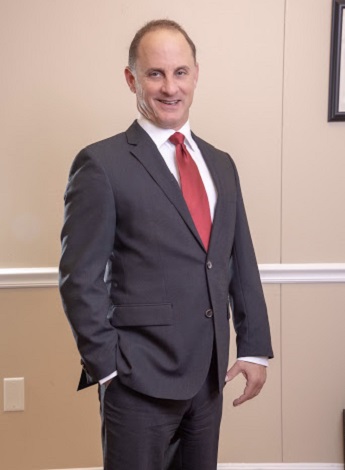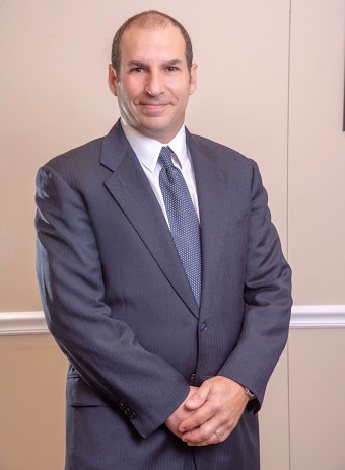Florida has recently just enacted the most significant tort reform legislation of the last two decades, and it’s already making waves. The enactment of House Bill 837 puts into play a series of sweeping reforms that aim to make things more even between claimants and defendants by:
Changing Florida’s comparative negligence system into a “modified” standard
Instituting uniform evidence thresholds in certain civil actions
Reducing the statute of limitations for negligence actions
Requiring specific disclosures when it comes to claims for medical expenses for treatment rendered under letters of protection
Standardizing bad faith actions
Shifting presumptions in certain matters of negligent security
Capping runaway attorney’s fees awards
Pure Comparative Fault System Changed To Modified Comparative Fault System
Florida’s current pure comparative fault system is now a modified comparative fault system under HB 837. A modified comparative fault system makes it so that any claimant who is at least 51% liable for an incident is unable to seek compensation from the other party. How juries will be instructed on the new standard is still up in the air for Florida Courts to decide.
Reduced Statute of Limitations
The Statute of Limitations was cut in half by HB 837, meaning that claimants now only have two years to file suit, starting from the time the cause of action happened. However, this only applies to causes of action that accrue after March 24, 2023.
No More Multipliers For Attorney Fees
The Lodestar fee (the number of attorney hours reasonably spent on the matter multiplied by the attorney’s hourly rate) under HB837 is presumed to be reasonable and sufficient. It can only be changed in an exceptional and rare situation where it can be proven that competent counsel could not be retained with the Lodestar fee alone. There are no assignments of benefits in actions for declaratory judgment to determine insurance coverage to be made for attorney’s fees, and in many contractual actions where insurers are involved, one-way attorneys fees were cut altogether.
No More Attorney-Client Privilege For Treating Physicians
Worley v. Central Florida YMCA is effectively overturned, meaning that attorney-client privilege no longer covers the financial and referral relationships between plaintiff’s treating physicians and personal injury firms.
Standards Of Admissibility for Medical Damages Altered For Future and Past
HB 837 completely overhauls the evidentiary thresholds for a plaintiff in a personal injury action to prove their future and past economic damages for costs incurred by medical treatment, as well as the rules regarding the admissibility of the same for consideration during trial.
Essentially, it limits the pool of evidence allowed to be used in proving the amount of damages for past medical treatment in wrongful death and personal injury actions, makes it more difficult to prove extensive medical damages, and forces the insurer and medical providers to be more transparent. However, it is still up to Florida Courts on how discovery requests will be served.
New Liability Protections For Apartment and Multi-Family Properties
Owners and operators of apartment and multi-family properties are now entitled to a presumption against liability if a resident is injured by a third-party, non-employee criminal IF certain precautions are taken. The owner/operator of a multifamily residential property is required to have crime prevention training programs that are updated in three-year cycles.
Florida’s Bad Faith
Mere negligence alone is now not sufficient to constitute bad faith in both common-law and statutory actions. The law explicitly mandates a duty on the claimant and their attorney to act in good faith when:
Issuing demands
Furnishing information regarding the claim
Setting deadlines
Attempting to settle
The insurer’s bad faith liability is essentially limited under HB 837 through new immunity standards, and the bill also allows separate court proceedings to divide payouts so that the carrier will not have to pay any amount in excess of the policy limit to third parties.
What Does This Bill Mean?
While HB 837 has gone through some modifications from when it was first introduced in the legislative session, it still enacts sweeping reforms on the way that claimants, business owners, their attorneys, and insurers treat claims in Florida, and it will hopefully help Florida lose its status as a “Top 5 Judicial Hellhole.” If you are curious about what these reforms may mean to your current or future claim, you should consult with an experienced Florida personal injury attorney. Call Asnis Srebnick & Kaufman to schedule an appointment and learn more about your situation today.






